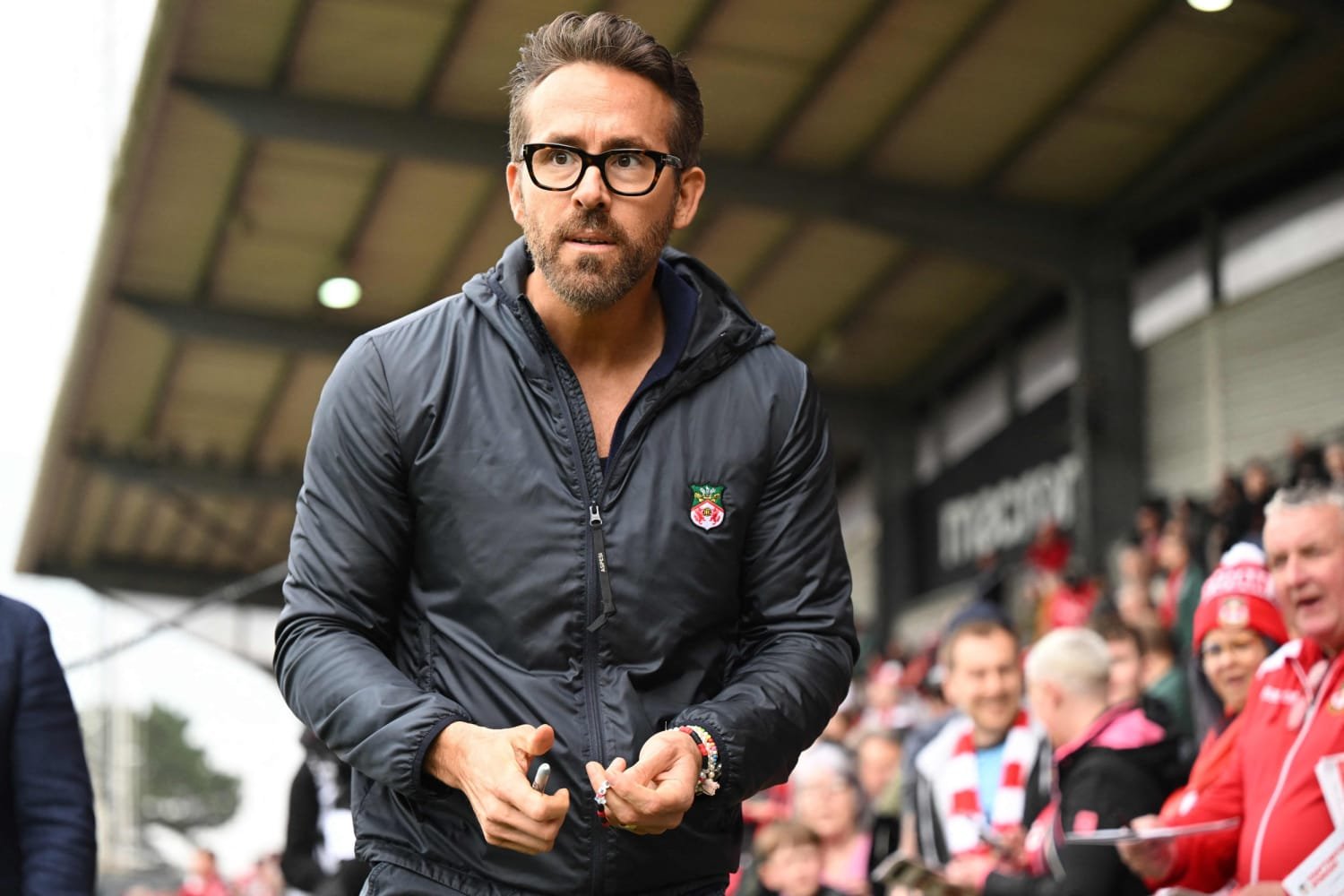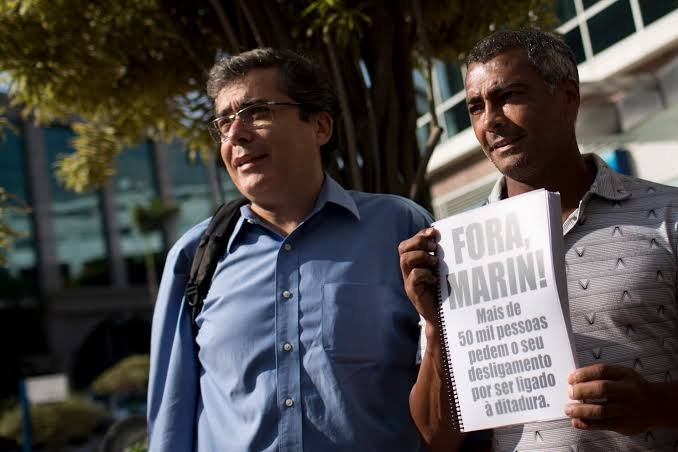In a powerful and long-overdue act of justice, Brazil has officially acknowledged the murder of journalist Vladimir Herzog and agreed to compensate his family—marking a rare reckoning with the country’s authoritarian past.
Herzog, a respected television journalist, was tortured and killed in 1975 by Brazil’s military dictatorship after being falsely accused of communist ties. For decades, his death was shrouded in lies and labeled a “suicide,” despite overwhelming evidence of state-sanctioned violence.
Now, nearly 50 years later, the Brazilian government has taken a bold step: formally recognizing state responsibility and paying damages to Herzog’s family. The decision comes as part of a wider push to confront human rights abuses committed under the brutal regime that ruled from 1964 to 1985.
“This is more than compensation—it’s a national acknowledgment of truth,” said officials from Brazil’s Human Rights Ministry. The Herzog case has long symbolized the silencing of dissent, the brutality of unchecked power, and the cost of standing up for truth during dark times.
This move signals not only accountability but also a renewed commitment to press freedom, historical truth, and transitional justice in Brazil. For Herzog’s family—and for many others still awaiting recognition—it is a step toward healing.
But questions remain: Will this open the door for more victims’ families to seek justice? And will Brazil finally rewrite the narrative of its dictatorship era?
For now, Herzog’s legacy lives on—not just in journalism, but in the fight for truth that even time cannot silence.












